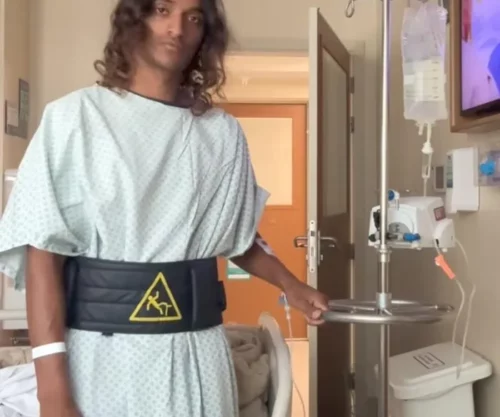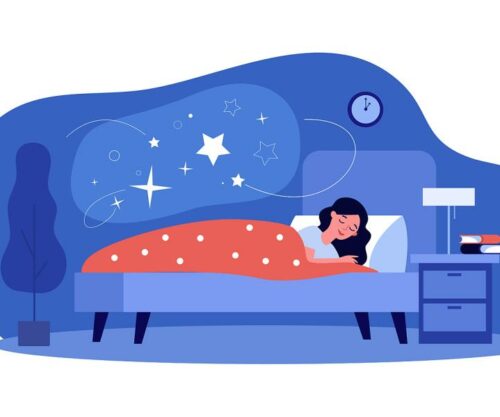
That little voice in your head that tells you that you will never be happy until you lose weight or that your worth is measured by how you look. These voices are the inner voices of anorexia and bulimia which could be inflicting severe physical or mental suffering to your wellbeing and therefore affect you from living a fulfilled life.
However, true happiness and self-esteem come from loving yourself for who you truly are—and that’s only possible with recovery.
The road to recovery from an eating disorder is never easy, just like any challenges which we face in life are never easy.
Start with admitting you have a problem. This admission can be tough, especially if you’re still clinging to the belief that weight loss is the key to your happiness, confidence, and success. Even when you finally understand this isn’t true, old habits are still hard to break.
Signs and symptoms:
- behaviors and attitudes that indicate that weight loss, dieting, and control over food are becoming primary concerns
- preoccupation with weight, food, calories, fats, grams, and dieting
- refusal to eat certain foods
- discomfort with eating around others
- food rituals (not allowing foods to touch, eating only particular food groups)
- skipping meals or eating only small portions
- frequent dieting or fad diets
- extreme concern with body size, shape, and appearance
- frequently checking in the mirror for perceived flaws in appearance
- extreme mood swings
The good news is that the behaviors you’ve learned can also be unlearned. Just as anyone can develop an eating disorder, so too, anyone can get better. However, overcoming an eating disorder is about more than giving up unhealthy eating behaviors. It’s also about learning new ways to cope with emotional pain and rediscovering who you are beyond your eating habits, weight, and body image.
The best way to truly recover from eating disorder is through:
- Listening to your feelings
- Listing to your body
- Accepting yourself
- Love yourself
It’s important to seek treatment early for eating disorders, as the risk of medical complications and suicide is high
According to Healthline treatments are often conducted through Health Therapy.
Eating disorder can be treated through these different ways:
Treatment options include:
- Individual, group, or family psychotherapy. A type of psychotherapy called cognitive behavioral therapy (CBT) may be recommended to help reduce or eliminate disordered behavior such as binge eating, purging, and restricting. CBT involves learning how to recognize and change distorted or unhelpful thought patterns
- Medications. A doctor may recommend treatment with medications such as antidepressants, antipsychotics, or mood stabilizers to help treat an eating disorder or other conditions that may occur at the same time, such as depression or anxiety
- Nutritional counseling. This involves working with a dietitian to learn proper nutrition and eating habits and may also involve restoring or managing a person’s weight if they have experienced significant weight changes. Studies suggest that combining nutritional therapy with cognitive therapy may significantly improve treatment outcomes
Also see: How to help you ease your anxiety




